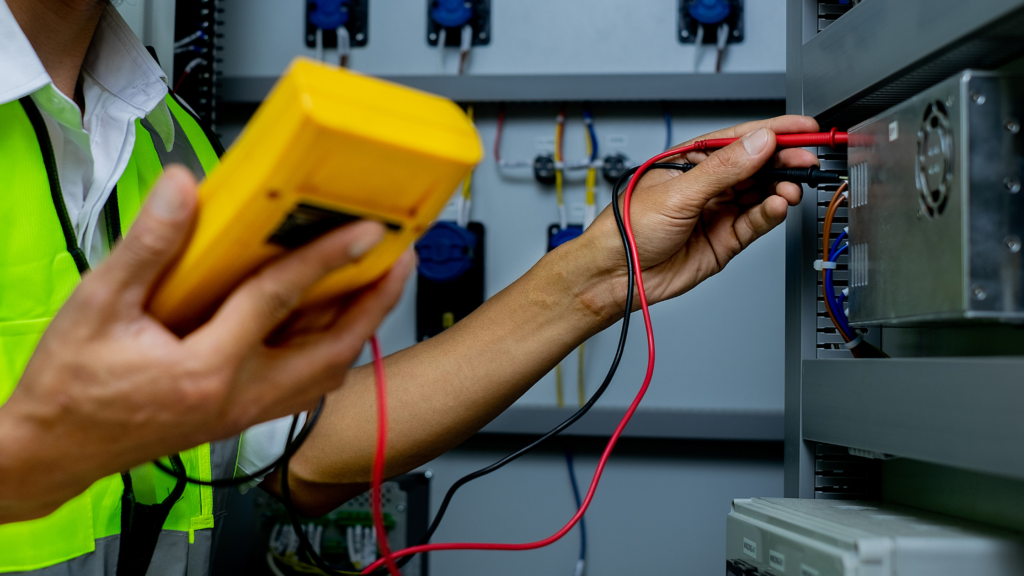
In the realm of electricity, two crucial roles often work hand in hand to power our modern world: electrical contractors and electrical engineers. While their titles may seem similar, their functions, qualifications, and responsibilities differ significantly. In this blog post, we’ll explore the distinctions between these professions and shed light on how our licensing company can simplify the path to becoming an electrical contractor.
Electrical Contractors: The Masters of Installation and Maintenance
What Does an Electrical Contractor Do? Electrical contractors are the experts in the practical application of electrical systems. They are responsible for installing, maintaining, repairing, and upgrading electrical wiring and equipment in various settings, including residential, commercial, and industrial. Their work ensures that electrical systems function efficiently, safely, and in compliance with local and national electrical codes.
Qualifications and Responsibilities: To become a licensed electrical contractor, one typically needs to complete a combination of education and hands-on experience. These professionals must pass state-mandated licensing exams and adhere to strict regulations. Electrical contractors often collaborate closely with electrical engineers, translating design plans into tangible, functional electrical systems. They also manage project teams, ensure code compliance, and provide electrical services to clients.
Electrical Engineers: The Design and Innovation Pioneers
What Does an Electrical Engineer Do? Electrical engineers are responsible for the design, development, and innovation of electrical systems and components. They create detailed schematics and blueprints that outline how electrical systems should be installed. These plans serve as the foundation for electrical contractors to execute their work. Electrical engineers also explore new technologies, improve existing systems, and address complex electrical challenges.
Qualifications and Responsibilities: Becoming an electrical engineer typically requires a bachelor’s degree in electrical engineering or a related field. These professionals must have a strong understanding of electrical theory, mathematics, and physics. Electrical engineers work in diverse industries, such as telecommunications, power generation, electronics, and more. They often collaborate with contractors to ensure projects meet design specifications and technical standards.
The Synergy Between Contractors and Engineers
Electrical contractors and electrical engineers often work together on projects to ensure that electrical systems are both well-designed and safely implemented. The engineer’s role is to plan and design, while the contractor’s role is to execute and maintain.
How Our Licensing Company Can Help:
Navigating the licensing process to become an electrical contractor in Florida can be a complex journey. That’s where we come in:
- Streamlined Process: Our licensing company specializes in making the licensing process easier. We guide you through the steps, ensuring you meet all requirements and help you avoid common pitfalls.
- Experienced Professionals: With a team of experienced professionals, we have a deep understanding of the licensing requirements for electrical contractors. We can provide the knowledge and support you need to succeed.
- Customized Solutions: We understand that each individual’s path to becoming a licensed electrical contractor may differ. We offer customized solutions tailored to your unique situation.
- Peace of Mind: Our services give you peace of mind, knowing that your licensing journey is in capable hands.
Whether you aspire to become an electrical contractor or have other contracting goals, our licensing company is here to support you every step of the way. Let us simplify the process and help you embark on a successful career in the electrical industry. Contact us today to get started!


Leave a Reply
Your email is safe with us.